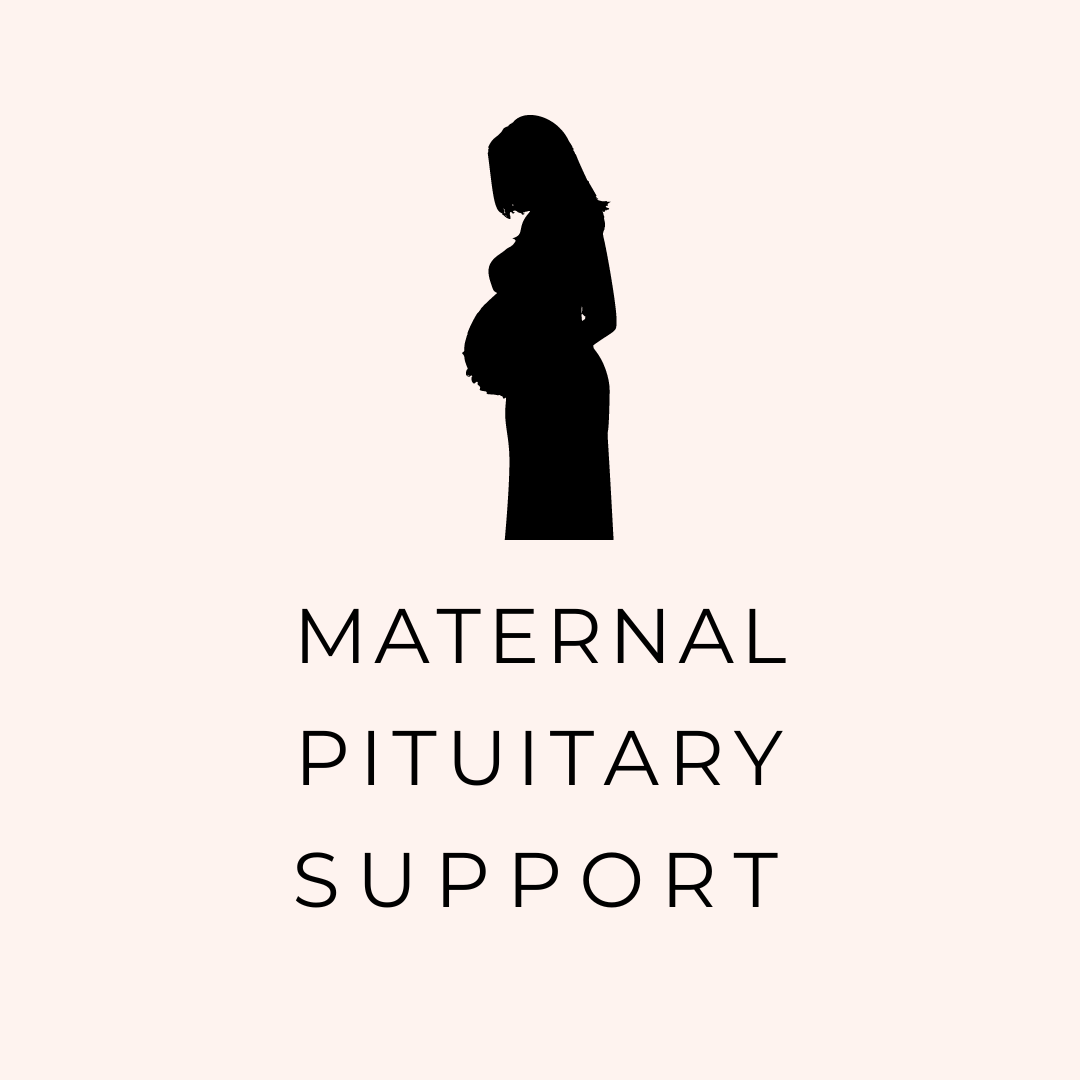Our response to the publication of the Birth Trauma Inquiry report
The Birth Trauma Inquiry report published 13 May 2024
Listen to Mums: Ending the Postcode Lottery on Perinatal Care by The All-Party Parliamentary Group on Birth Trauma
We are incredibly grateful to the All-Party Parliamentary Group for highlighting these failings in the care of women and babies. We support the recommendations of the inquiry, and we hope the Government makes these vital changes to improve childbirth for women in the future. We were privileged to contribute written evidence as an organisation and as individuals. We were honoured to be invited to attend the launch of the inquiry, at the Palace of Westminster yesterday 13th May. We are truly inspired by the determination and drive for change of all involved.
As an organisation representing a marginalised community of women with rare and often life-threatening conditions as a result of their pregnancy or childbirth, the findings of this report are shocking but sadly unsurprising.
Our community have suffered from and continue to live with the consequences of their traumatic birth every day. From catastrophic post-partum haemorrhage, to mistakes made in their care, to symptoms being missed resulting in critical illness or years of suffering. Our community suffer from not only obstetric injuries, but also damage to their Pituitary Gland because of their traumatic pregnancy or childbirth.
The Pituitary Gland is the control centre for the endocrine (hormone) system and regulates hormones essential for life. This damage results in life-long hormone deficiencies with the burden of fluctuating symptoms to manage. Most of our community also live with the ongoing effects of the trauma on their mental health, including depression, anxiety and Post Traumatic Stress Disorder. Many of these traumas have been compounded by lack of care and being dismissed by health professionals when they raise concerns about their symptoms.
It is so vital that mums are listened to when they raise concerns about their health. Too often, women in our community have been told they are just tired, or that this is how a new mum feels, or that they have just been through a lot. We must believe that mums know their own body and their own mind. This dismissal results in significantly delayed diagnosis and prolonged suffering, sometimes for decades.
We are delighted that the report calls for the implementation of a separate 6 week check with a GP for all new mums. This would be an ideal time for a GP to identify any woman with symptoms of pituitary failure, such as failure to lactate, post-partum haemorrhage of any amount, ongoing fatigue and amenorrhoea. Basic pituitary blood tests can identify any pituitary hormone deficiencies and then prompt an onward referral to endocrinology. Should a new mother present with failure to lactate, visual disturbance, severe headache, vomiting or diarrhoea she is potentially at risk of life-threatening adrenal crisis and should be seen in A&E immediately.
For those mothers reading this, if you have suffered a post-partum haemorrhage or have some of the following symptoms since giving birth, please go to your GP and request a full panel of pituitary blood tests. If you have any of the acute symptoms listed above please go to A&E immediately.
Acute & early symptoms
· Visual disturbance / peripheral blurring / changes in vision
· Lack of breast milk / reduced supply
· Low blood pressure
· Dizziness
· Muscle weakness
· Difficulty sleeping
· High urine output
· Headache
· Fatigue / exhaustion
· Thirst
· Brain fog / unable to think clearly
· Unsteadiness / clumsiness / feeling drunk or drugged
· Diarrhoea / vomiting
· Racing heart
· Irritability
· Anxiety
· Feeling shaky
· Muscle spasms or needing to stretch a lot
· Joint and muscle aches
· Mid / low back pain
· Hot flushes / night sweats
Chronic & longer term symptoms
· Fatigue
· Brain fog
· Short term memory loss
· Anxiety / depression
· No menstruation / irregular periods
· Hot flushes / night sweats
· Infertility
· Difficulty sleeping
· Weight gain around middle
· Loss of muscle bulk
· Loss of bone density
· Low libido
· Hair loss / thinning / losing hair at ends of eyebrows
· Unexpected weight loss
· Vaginal dryness
· Muscle and joint aches
· Constipation
· Diarrhoea
· Brittle nails
· Thinning of skin
· Wrinkles around eyes and mouth
· Irritability
· Generally feeling unwell
· Heart racing / fluttering
· Shaking hands
· Poor tolerance to cold / heat
· Difficulty sustaining exercise
For those mothers who would like ongoing information and support we have a wonderful community which is free to join.
Please visit www.maternalpituitarysupport.org/community or reach out to us at info@maternalpituitarysupport.org
